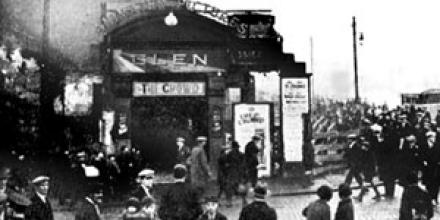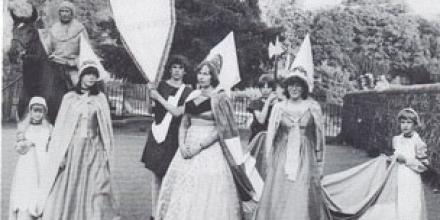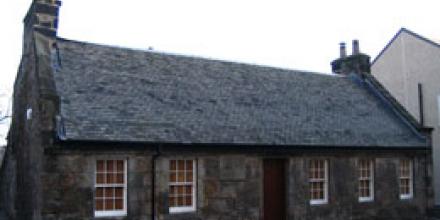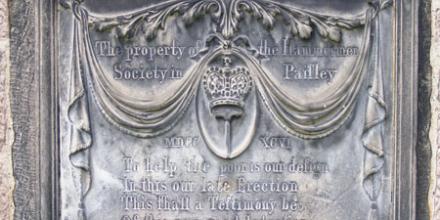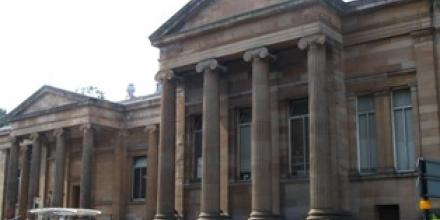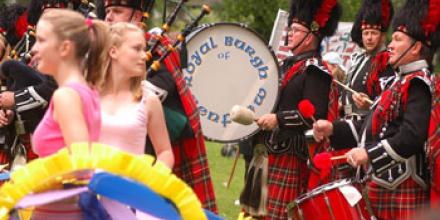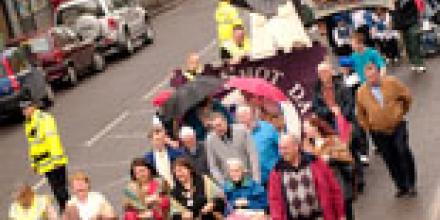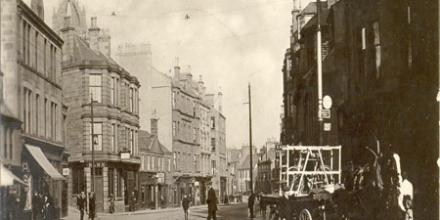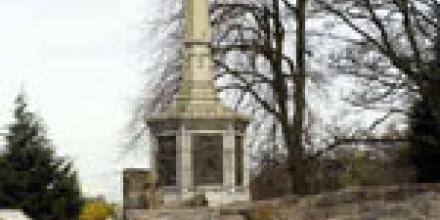Glen Cinema Memorial
GLEN CINEMA PRIOR DEMOLITION c 1930 The cinema (opened in 1901), known as 'The Glen' and 'The Royal Animated Pictures' once formed part of the Good Templar Halls (now occupied by Burton's shop). On the afternoon of 31 December 1929, during a children's matinee, a freshly shown film put in its metal box in the spool room began to issue thick black smoke. Soon the smoke filled the auditorium containing about one thousand children. Panic set in. Children ran downstairs so fast and in such numbers, that t... Read More

